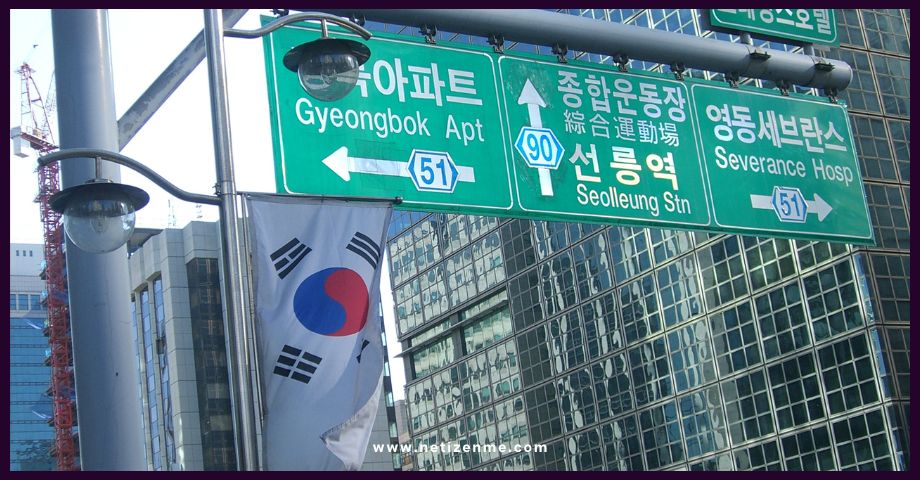What are the nuances of the Korean language, and how do they differ from those of the English language?
Korean is a complex and unique language that differs in many ways from English, particularly in its grammar and syntax. This article highlights the differences in the use of pronouns, verbs, adjectives, and sentence structure in Korean and how they contribute to the overall nuances of the language. Through a comparative analysis of Korean and English, this paper aims to provide a deeper understanding of the complexities and subtleties of the Korean language.
The Korean language is a fascinating and complex language that has evolved over thousands of years. It is a language spoken by over 77 million people worldwide, making it one of the most widely spoken languages in the world. Unlike English, which uses a subject-verb-object (SVO) sentence structure, Korean uses a subject-object-verb (SOV) sentence structure. This fundamental difference in sentence structure is just one example of how the nuances of the Korean language differ from those of the English language.
Pronouns:
Pronouns in the Korean language are used much differently than in English. In Korean, several levels of formality and politeness are conveyed through pronouns. For example, the first-person pronoun “I” can be expressed in several ways, depending on politeness or familiarity between the speaker and the listener. In contrast, English has only one first-person pronoun, “I,” regardless of the level of formality or politeness.
Verbs:
Verbs in Korean are also used differently than in English. Korean verbs are often conjugated to indicate tense, aspect, and mood. In addition, the verb ending can change depending on the situation’s level of politeness or formality. In English, verbs are not conjugated as extensively as in Korean, and auxiliary verbs are more common to indicate tense and aspect.
Adjectives:
In Korean, adjectives are typically placed before the noun they modify, while in English, adjectives generally come after the noun. This difference in placement can affect the overall tone and emphasis of the sentence. For example, the Korean phrase “빨간 차” (ppalgan cha), meaning “red car,” places the adjective before the noun, while the English phrase “car is red” places the adjective after the noun.
Sentence Structure:
The overall sentence structure in Korean differs from English, as Korean follows a subject-object-verb (SOV) sentence structure, while English follows a subject-verb-object (SVO) sentence structure. This difference in sentence structure can
affect a sentence’s overall meaning and emphasis. In Korean, the verb is typically placed at the end of the sentence, meaning that the listener or reader must wait until the end to understand the main action or verb. In English, the verb comes after the subject, meaning the listener or reader can understand the main action or verb earlier in the sentence.
Nuances:
The nuances of the Korean language are deeply rooted in its grammar, syntax, and cultural context. Using honorifics and polite language is essential to Korean culture and language. In contrast, English does not have such a robust system of honorifics and polite language. Using intonation, pitch, and stress can also convey subtle nuances in Korean that may not be present in English.
In conclusion, the Korean language is a complex and unique language that has many nuances that differ from those of the English language. The differences in the use of pronouns, verbs, adjectives, and sentence structure in Korean contribute to the overall nuances of the language. Through a comparative analysis of Korean and English, we can gain a deeper understanding of the complexities and subtleties of the Korean language. Understanding these nuances is essential for effective communication and cultural competency in today’s globalized world.
References:
- Kim, H. J. (2008). The Korean language. Cambridge University Press.
- Lee, K. (2011). Korean grammar in use: Beginning to early intermediate. Darakwon.
- Jun, S. A. (2015). The Korean language. Routledge.
This article is written by:
Chenayah enjoys exploring and writing about her passions, including languages and travel. She leverages her diverse educational background in Business, Psychology, and Linguistics to enrich her writing endeavors.




